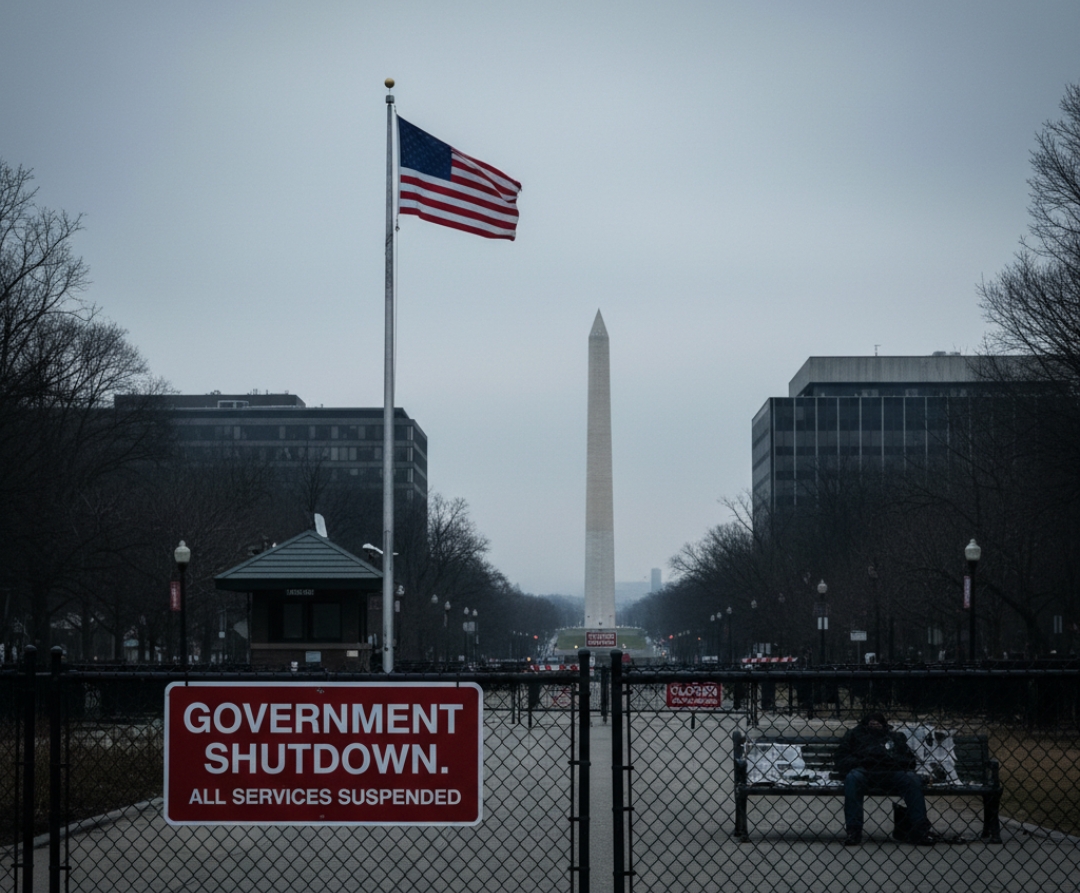The longest U.S. government shutdown in history may soon end as eight Democrats join Republicans to advance a bill reopening the government. Senator John Barrasso discusses the bipartisan deal, its impact on federal workers, and the looming healthcare debate that could define the next chapter in Washington politics.
U.S. Government Shutdown Nears End
After weeks of political gridlock and mounting national frustration, there finally appears to be light at the end of the tunnel for what has become the longest government shutdown in U.S. history. A final Senate vote to reopen the government is expected in the coming days, following a surprising bipartisan move where eight Democrats joined Republicans in a key procedural vote to advance the reopening bill.
In an interview with Fox News, Senate Majority Whip John Barrasso expressed optimism that the shutdown could soon be over, crediting bipartisan cooperation for breaking the stalemate.
“This all started with Democrat blackmail,” Barrasso said. “Republicans kept voting to open the government with no strings attached, but Democrats insisted on conditions that led to massive suffering across the country. People were waiting for nutrition aid, airlines were backed up, and workers were going six weeks without pay.”
Barrasso accused Democratic leaders, particularly Senate Majority Leader Chuck Schumer, of shifting demands throughout the negotiation process. According to him, Democrats had demanded billions of taxpayer dollars to subsidize insurance companies under the Affordable Care Act, something Republicans firmly opposed.
“Republicans have said we’re willing to discuss everything — but not while the government is closed,” Barrasso emphasized. “Now, with eight Democrats joining 52 Republicans, we’ve reached the 60 votes needed to move forward.”
Next Steps: When Will the Government Reopen?
The Wyoming Senator explained that although progress has been made, it may still take a few more days before the government fully reopens.
“The House has to return and vote for the bill,” Barrasso said. “The President has already made it clear he’s ready to sign it. We need to get the government open — people need certainty.”
He added that the agreement includes provisions to restore funding for essential programs such as SNAP and WIC, ensure back pay for federal employees, and protect veterans’ benefits ahead of Veterans Day.
“This has been forty days of pain brought on by the Democrats,” Barrasso said. “But we finally see the end in sight.”
A Renewed Debate Over Healthcare
Even as lawmakers prepare to reopen the government, Barrasso warned that another major battle looms — over healthcare.
“There’s still going to be that big fight on healthcare,” said host Lawrence Jones. “Do the Republicans have a plan ready to go with the President?”
Barrasso, who spent 24 years as an orthopedic surgeon before entering politics, said healthcare reform remains a top priority.
“I want the American people to have affordable, quality healthcare,” he said. “That all went away when Obamacare was passed. Prices have gone up 221% since it became law. President Obama promised to lower premiums by $2,500 per family — but instead, costs skyrocketed.”
Barrasso criticized what he described as “bailouts” for insurance companies, claiming that stock prices in the insurance sector soared by as much as 500% to 1,000% after the law’s passage.
“Chuck Schumer now wants even more money sent directly to insurance companies,” Barrasso said. “We believe that money should go directly to individuals, so they can choose what works best for them and their families. That’s real accountability.”
Looking Ahead
With President Trump signaling his readiness to sign the bipartisan deal, the end of the shutdown appears imminent. But as the government prepares to reopen, the political battle over the future of U.S. healthcare promises to dominate Washington once again.
For millions of Americans affected by delayed paychecks, disrupted services, and mounting uncertainty, the upcoming Senate vote may finally bring relief — even as Congress gears up for the next major policy showdown.

